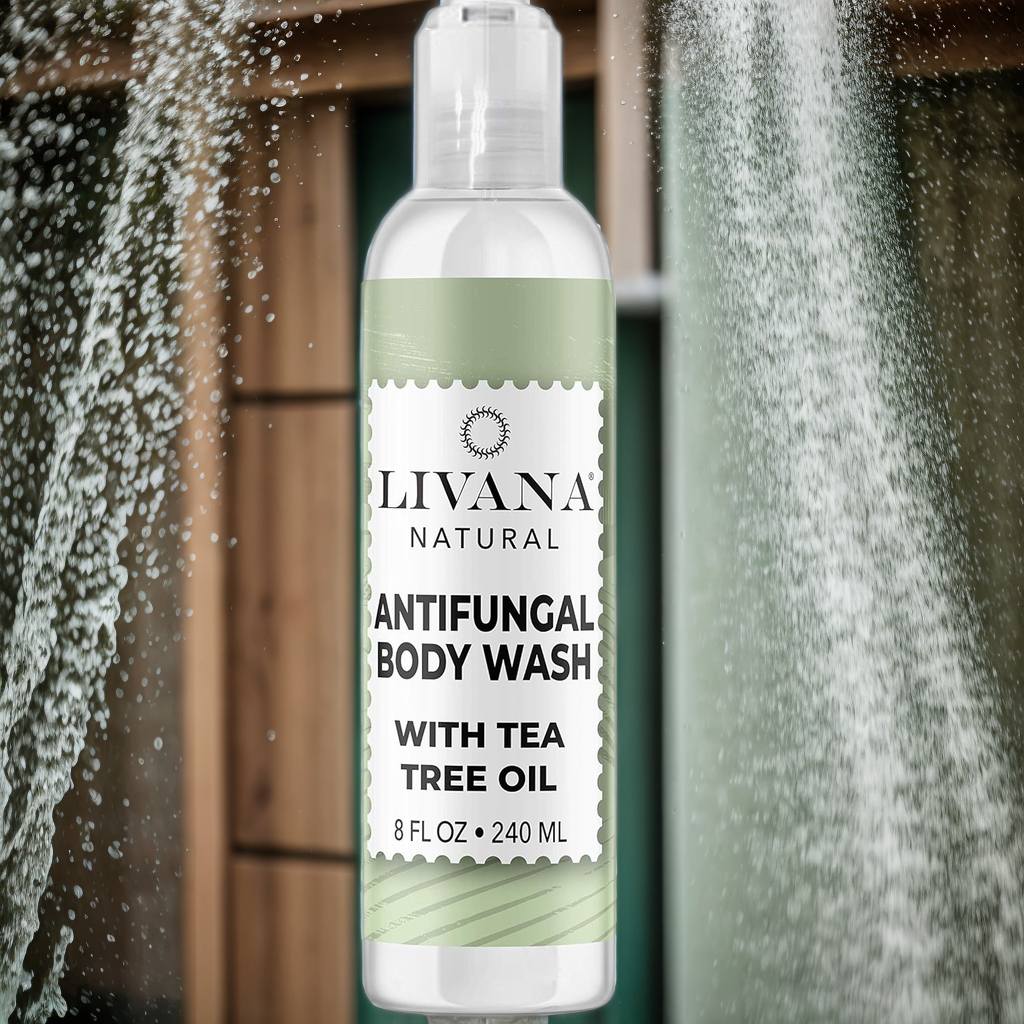How to Treat Allergic Reaction to Body Wash - It's Here with Big Technology
Experiencing an allergic reaction to body wash can be quite distressing. With the wide array of products on the market, it's essential to know how to effectively address this issue using natural and skin-friendly solutions. This guide will walk you through how to treat an allergic reaction to body wash, ensuring you can find relief and choose products more wisely in the future.

Understanding Allergic Reactions
An allergic reaction causes your immune system to overreact to certain substances. Common symptoms include itching, redness, swelling, and sometimes hives or peeling skin. Identifying these signs early is crucial for managing the reaction effectively. You might also want to read about some Cocoa Butter Uses.
Recognizing the Symptoms
Common symptoms of allergic reactions to body wash include:
- Red, itchy, or swollen skin
- Hives or rashes
- Burning or stinging sensation
- Peeling or blistering skin
Responding quickly to these symptoms can help prevent the reaction from worsening. Learn more about dealing with allergies in daily routines at Proper Body Wash Techniques.

Immediate Steps to Take
As soon as you notice a reaction, it's vital to stop using the suspected product immediately. Follow these immediate steps to start treating the issue:
- Rinse the affected area: Wash the skin with lukewarm water and a gentle, hypoallergenic soap.
- Apply a cold compress: This can help reduce itching and swelling.
- Use an over-the-counter hydrocortisone cream or an antihistamine to manage itching and swelling.
These initial steps are crucial in minimizing symptoms and starting the healing process.

Long-Term Management and Prevention
Preventing future allergic reactions involves understanding your skin and choosing the right products. Consider the following tips:
Choose Hypoallergenic Products
Opt for hypoallergenic body wash labels. These products are formulated to minimize the risk of an allergic reaction.
Avoid Harsh Chemicals
Examine ingredient lists and avoid products containing sulfates, parabens, and artificial fragrances. These chemicals are common allergens and can irritate sensitive skin. For more natural alternatives, you might find this article about Natural Foot Odor Remedies helpful.
Patch Testing
Before using a new product, perform a patch test. Apply a small amount to a discreet area and wait 24-48 hours to see if there's a reaction.
Eco-Friendly Alternatives
Eco-conscious shoppers may prefer body washes made with natural and organic ingredients. These options are typically free of harsh chemicals and better for the environment. Look for products marked as biodegradable, cruelty-free, and sustainably sourced. Learn more about eco-friendly alternatives in our article on Natural Antifungal Cleansers.
Brands such as EcoMarket offer a range of natural and environmentally friendly products.
FAQs on Treating Allergic Reactions to Body Wash
What should I do if the reaction continues?
If symptoms persist despite home treatment, seek medical advice. A dermatologist can provide more specialized care and recommend appropriate medications.
Can natural body washes cause allergic reactions?
Yes, even natural products can cause allergic reactions in some individuals. Always perform a patch test before incorporating a new product into your routine. You can read more about natural skin care solutions in our article on Melissa Essential Oils.
Are there specific ingredients I should look for in body washes?
Look for calming ingredients like aloe vera, chamomile, and oatmeal. These can help soothe irritated skin while minimizing the risk of an allergic reaction.
As an Amazon Associate, I earn from qualifying purchases.

